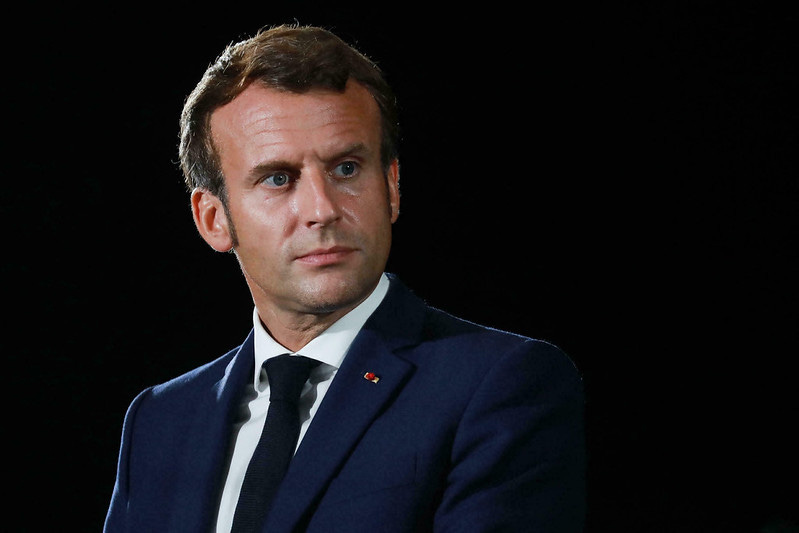Has Emmanuel Macron abandoned Taiwan?
A recent Politico article has set fire to political circles with its coverage of Emmanuel Macron's comments on Taiwan, but what did he really say during his trip? Let's break down the interview.

The French Dispatch is a reader-supported publication. If you enjoy reading this, like, subscribe, share it with your friends and colleagues, and consider taking a paid subscription.
Table of Contents
Due to the sheer size of this dispatch, I’ve added the above links to the chapters found throughout to try to make your lives easier and to give you a chance to take breaks.
Good luck!
The Background
Last week saw French President Emmanuel Macron Travel to China alongside European Commission President Ursula von der Leyen in an attempt to work on EU-China relations.
Naturally, this set tongues wagging immediately regarding the fool’s errand that it was, with many saying that this was entirely pointless and would achieve nothing, with some even claiming that he was doing this to distract from domestic problems.




